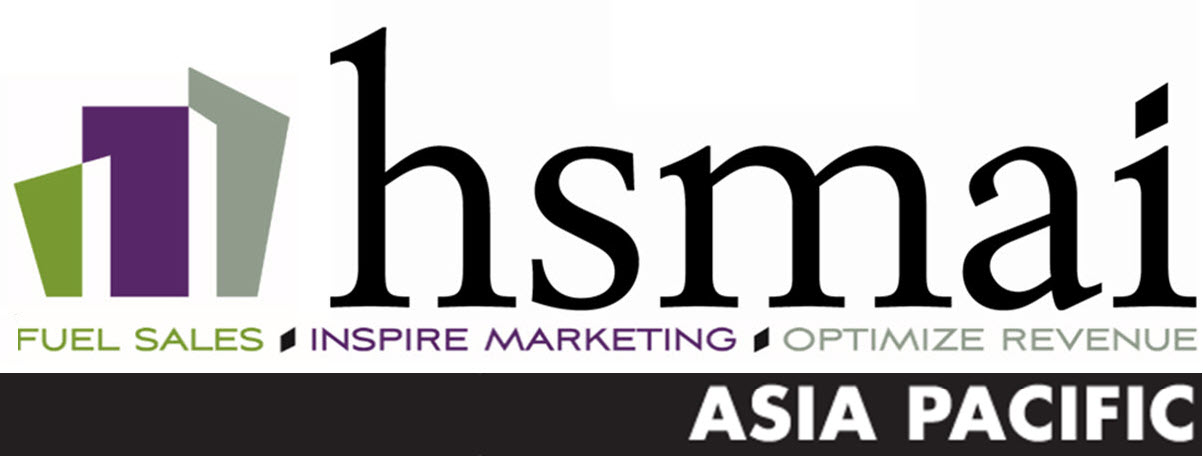If your budget relies on historical data, what data do you use? Are we still looking at 2019 that is no longer valid for trend comparison? If we cannot use the past, and if future projections are unreliable (as we have seen from the last few years of wildly inaccurate industry forecasts), what do we use for budgets to simplify the process?
Why do we still develop budgets?
Advisory Board members agreed they must prepare budgets for financial requirements. They also discussed the need for targets. There was an interest in using more real-time data to understand trends and build strategies. Many shared that they want hotels to focus more on the strategy rather than the numbers in the budget, because the numbers can change in the budgeting process.
Many agreed that when asset managers or owners demanded budgets that showed growth, the budgets became unrealistic. Some create two different budgets. There is the budget that the financial and ownership and asset managers want, and then there is a more realistic version, which is a forecast that hotel strategies and efforts are aligned around.
One Advisory Board member shared, “We focus more on how we are going to get there rather than the minutiae of these numbers that change multiple times until ownership agrees. So that is how we are looking at it – the hotels present what they think they can achieve first.”
How does budgeting impact bonus compensation?
When budgets are unattainable due to ownership requirements, that hurts motivation and turnover of staffing whose bonus compensation is based on budget achievement. One of the best ways one Advisory Board member saw bonuses handled was with a bonus metric plus fallbacks. “If someone did not hit the total budget, did they hit the transient budget for revenue incentives – which they have more control over? If they didn’t hit a transient budget, did they do better than their comp set? There was still an opportunity to earn something, and it acknowledged that there are often factors out of their control during budget planning. “
Another shared a model that the incentive plan was not just tied to revenue, but also guest satisfaction, employee satisfaction, environmental pillars, and diversity and inclusion.
Is dynamic budgeting workable?
Dynamic budgets change. Instead of having that one static budget that just sits there and forecast fluctuates, you change the budget itself.
Though most didn’t use dynamic budgets, some shared that they were re-forecasting quarterly or monthly and adjusting goals accordingly.
One final idea that was shared, “instead of having one corporate budget review, we first have a top line review. Then, we have consensus before hotels start building out their expenses.”
Regardless of the different methods of creating budgets, the Advisory Board agreed that any specific goals needed by ownership and asset managers should be communicated at the beginning to save time during the process and avoid multiple rounds of drafts. In that way, budgets can be set at the amounts needed for financial purposes, allowing hotel management to focus their efforts on aligning and adjusting strategy as trends and performance inevitably change.
Monika Morrobel, Sr. Director of Commercial Strategy at Kessler Collection, HSMAI Revenue Optimization Advisory Board Member



